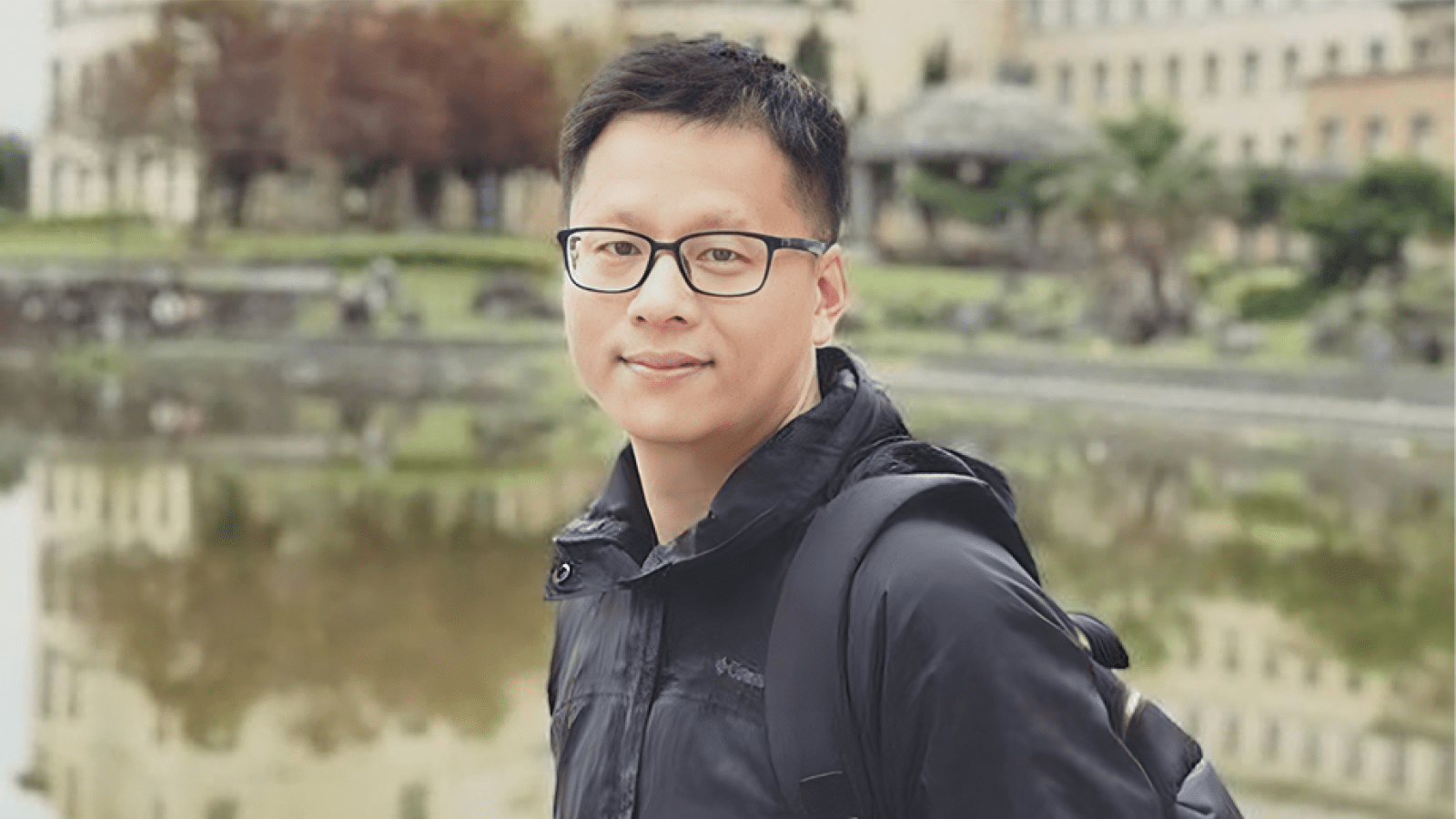Yujie Zhu ARC Discovery Project: Remembering, Forgetting and the Politics of Memory

Dr Yujie Zhu has been successful in obtaining an Australian Research Council (ARC) Discovery Project award of $180,000. Planting these funds over the next three years to grow a successful garden of knowledge, insight, and understanding into the cultural politics of memory and heritage.
Dr Zhu is an Associate Professor at the Centre for Heritage and Museum Studies at the ANU College of Arts and Social Sciences. He is an anthropologist whose research focuses on cultural politics of the past through heritage, tourism and museum spaces. As Dr Zhu explains, he is, “particularly interested in why the past matters to our present and how that shapes current practices, policies, identity and the relationship between the state and society.”
His project aims to provide a broader context of memory politics. Using China as a case study to deliver, “a more nuanced understanding of how culture policies are developed and adopted within its colonial, war and economic development history.” This research will provide context for memory politics of other nations dealing with similar issues, such as Australia, Germany and New Zealand.
It is a political, contentious and contemporary issue around the world. Just earlier this year, on 11 February, Foreign Affairs Minister Penny Wong spoke at King’s College in London, calling on the UK to confront its colonial past and acknowledge Australia had not listened to the Pacific adequately. As SBS News reported, “she said understanding the past brought with it the opportunity to find more common ground than if, "we stayed sheltered in narrower versions of our countries' histories." Adding to the conversation, Deputy Prime Minister Richard Marles commented on ABC TV, “It's really important for all countries to think about their past in terms of that providing a gateway for meaningful engagement in the future."
Dr Zhu will dig deep into various intersections of heritage, memory, and politics, and examine the relationship between our remote past and recent past. Both play important but different role in identity making. Nurturing an understanding of the remote past, “which is about us voicing our ancestor’s heritage. Different from the remote past, the recent past, “is about us voicing our own memory. “Recent history often shapes a country such as development, colonialism or war.”
By delving into recent history, he will also investigate the “unsettled” or ‘thorny’ side of histories that “often become very contested politically.”Dr Zhu explains, “By ‘unsettled’ I mean past events still influence our contemporary life, and a lot of people have experienced a traumatic past, such as colonial history, war or natural disaster. For individuals who have been victims, witnesses, or whose families have actively participated in these events, these memories remain vivid and enduring."
Here discussion will surround the “framework of remembering and forgetting.” The project will examine “different strategies and how the practice of forgetting or remembering” is used by states and individuals to move on from certain pasts.” In detail, it will investigate how different memory practices can shape individuals' self-perception and their contribution to truth telling, healing, and reconciliation processes. Such experiences are exemplified by the experience of many Indigenous Australians.
After examining these different aspects of memory Dr Zhu will analyse how certain memories are represented in different spaces. The research will look at traditional memory institutions, such as museums, 'which often shape official narrative about the past and our relationship with the past.” The research will also examine alternative forms of memory practices, such as oral history, documentaries or exhibitions which are "more temporal, flexible, and local paths of framing memory."
Dr Zhu compares memory politics to the seasons, “During certain seasons we need to do the cutting otherwise we can't grow.”
And as the leaves turn and the days shorten, Dr Zhu is ready to rake in as much research as possible.